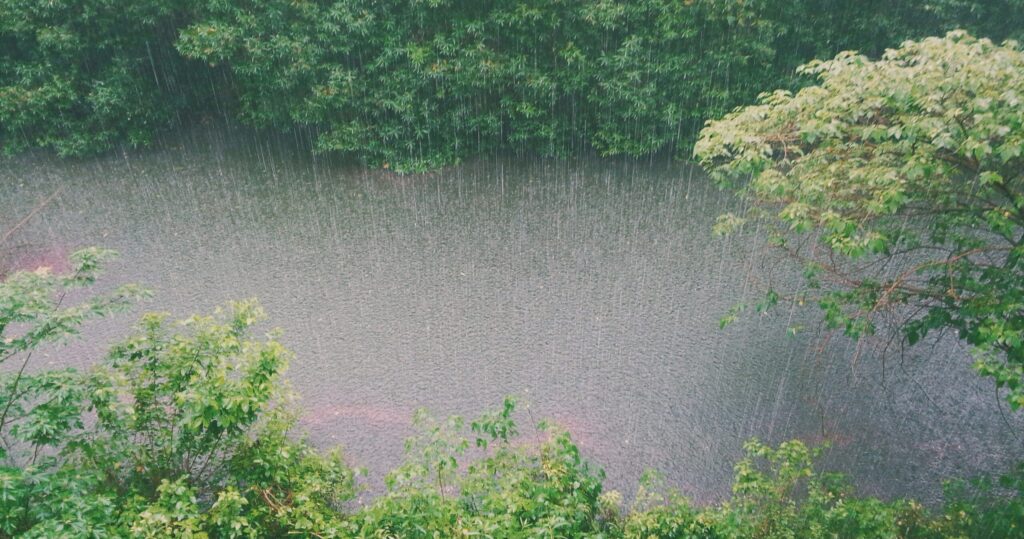It is quite remarkable what journalists with no expertise in anything insist that “experts say” about everything when they want to smuggle their own opinion into a news story. For instance “Experts say climate change threatens America’s food supply”. Oh really? Is the United States short of food?
In this case “experts say” turns out to be “a 2020 report” from something called CDP which neither you nor that journalist ever heard of before. It has a cool focus-grouped slogan (Disclosure Insight Action) and claims that “CDP runs the global environmental disclosure system.” The what? And a quick look at the staff bios doesn’t suggest an oversupply of “climate scientists” on the team. But it certainly suggests that CDP has a dog in the fight: this non-profit charity makes huge sums of money off people believing there’s a huge climate crisis and paying them to help talk about it.
In a way it’s not surprising that such claims tend to escape scrutiny given the level of hysteria and misinformation one encounters in the popular press and the corridors of power. Thus a recent survey commissioned by the Global Warming Policy Forum found that British adults believed some strange stuff about climate, including that a majority thought the average global temperature had risen at least 5°C since 1870, that the number of people dying from extreme weather had risen sharply since the 1920s (the real figure is a 95% decrease) and, especially relevant here, only 39% thought global food production had increased since 2005. Mind you, only 20% thought it had gone down and 12% that it had not changed. But the truth is that the globe is greening and many poor countries are seeing record harvests, while in the United States wheat production has held steady while planted acreage has fallen by 40% since the late 1970s. (It is worth noting here that wheat is increasingly displaced by soybeans and corn, almost 40% of the latter being devoted to ethanol and its “co-product” thanks to massive subsidies and certainly not facing any visible “threat”.)
It’s also true that many researchers, whose dog is owned by the government, also insist that a warmer, greener planet is making crops wilt. And woke corporations like Starbucks, which now claims that “Climate change is making it harder for farmers to grow coffee.” Bosh. The world has a coffee surplus and production is extremely robust. One might even say Robusta. And Arabica.
Suppose this dog is nevertheless right. In that case “Over the next five years, companies such as Walmart and Kellogg face up to $120 billion globally in costs from environmental risks in their supply chains, according to a 2020 report. In that time, the food, beverage and agriculture sector could lose up to $17 billion in climate-related losses, assuming the most risk behind manufacturing.” And so?
Yes, $120 billion is a lot of money to you or me. But to “companies such as Walmart and Kellogg” it’s not a whole lot. Naturally they’d prefer to avoid it. But what cost do these vague giant entities face from, say, a pell-mell rush to cut carbon emissions by 45% in the next nine years? Remember, despite everything the United States still has a $20 trillion plus economy (of which agriculture narrowly defined now accounts for somewhere around or just over 1%), to which an anemic 1% growth rate would add (drum roll please) $200 billion a year. So someone should calculate the trade-off: How much damage might climate change realistically do in the next five years, and how much damage might drastic action to try to stop it do?
If any fool does that math and says without dramatic action climate change “threatens America’s food supply”, toss theirs into the shredder. Because even if warmth and plant food are bad for crops, they’re not going to wipe them out. The losses will be marginal and farmers will adapt. In many places, such as the colder northern farm states, gentle warming would probably bring gains.
Scary headlines may sell papers. Though even that is in doubt. But they certainly don’t make for sensible analysis or sound policy.


